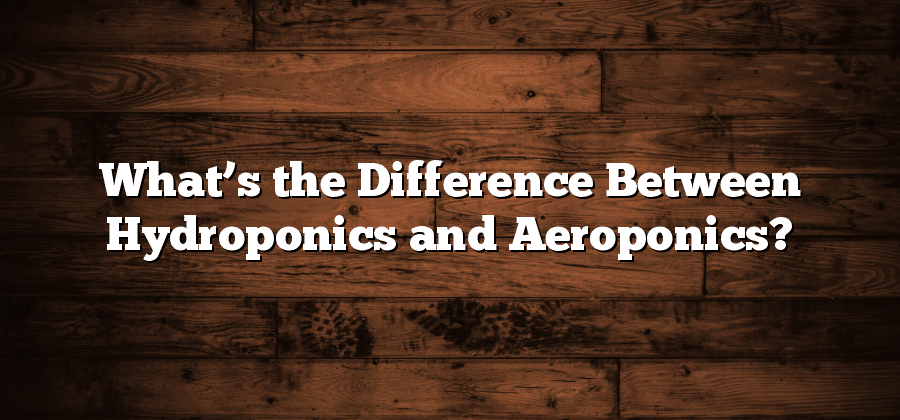Environmental Considerations in Hydroponics and Aeroponics
Hydroponics and aeroponics are innovative and efficient methods of growing plants without the use of soil. While these systems offer numerous advantages, it is important to consider their environmental impact. One key consideration is the use of water. Hydroponics and aeroponics systems require a continuous supply of water, which can be a scarce resource in some regions. Therefore, implementing water conservation practices, such as water recycling or rainwater harvesting, is crucial in making these cultivation methods more sustainable.
In addition to water usage, energy consumption is another significant environmental consideration in hydroponics and aeroponics. These systems rely on artificial lighting, heating, and cooling to provide the optimal conditions for plant growth. To ensure their environmental sustainability, it is essential to utilize energy-efficient technologies and renewable energy sources whenever possible. Furthermore, proper insulation and ventilation of the growing environment can help minimize energy usage and reduce the overall carbon footprint of hydroponics and aeroponics systems.






